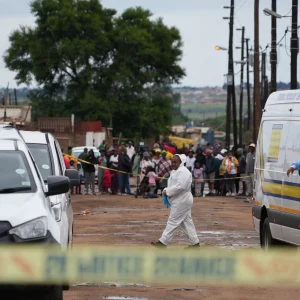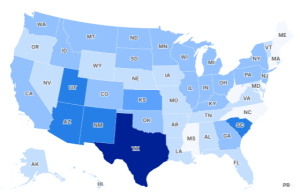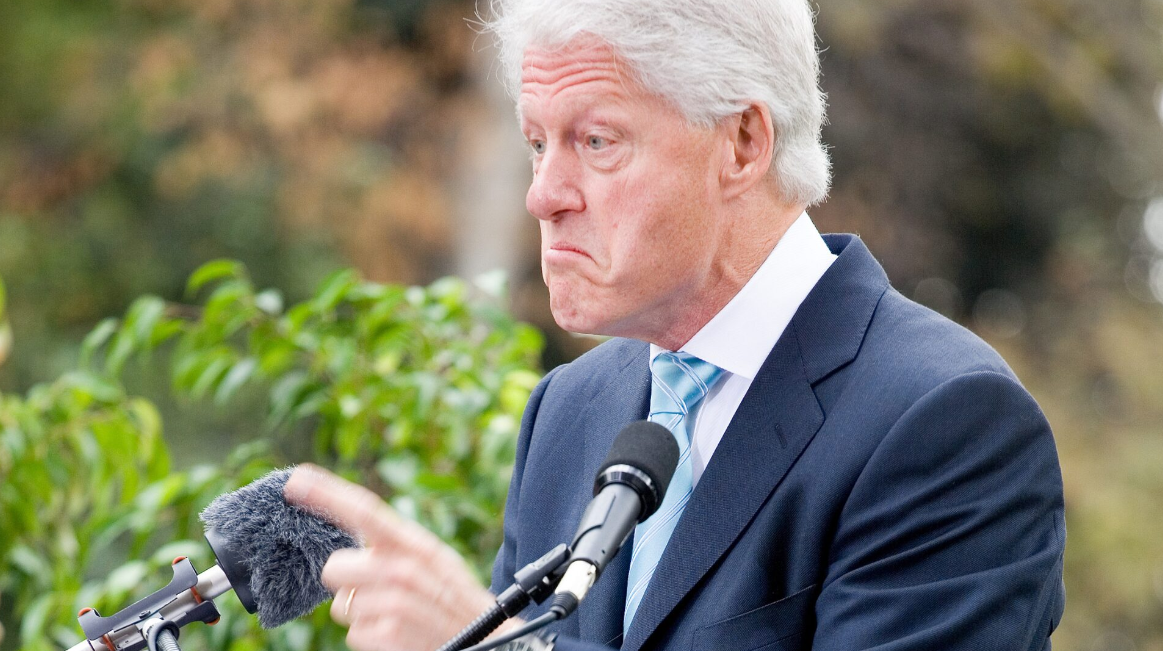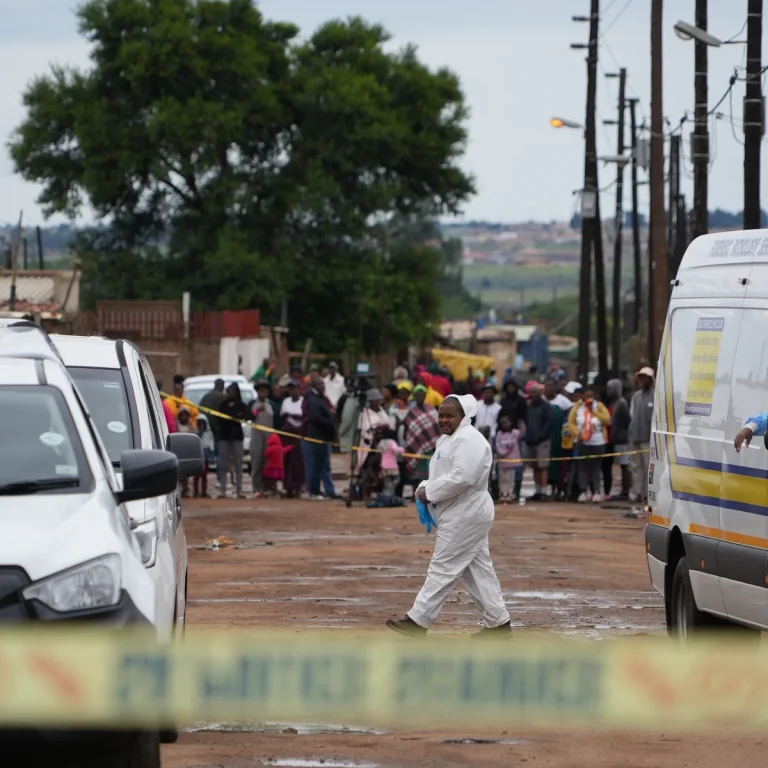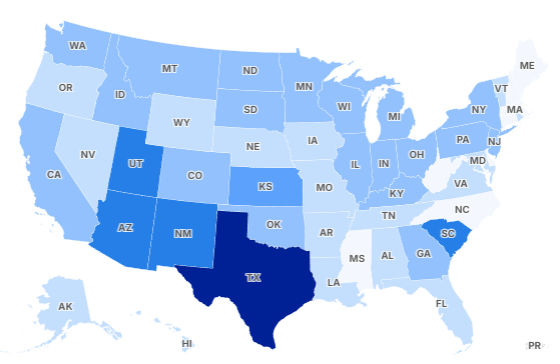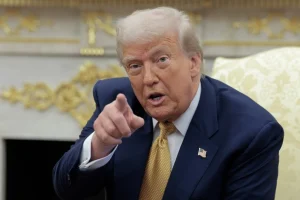Tensions Rise as Public Demands Transparency Over Historical Associations
In recent years, public scrutiny around elite associations has intensified, particularly when it comes to connections with individuals tied to controversial or criminal activities. A case that continues to provoke debate is that of Jeffrey Epstein, whose network allegedly extended into politics, academia, finance, and entertainment.
With Epstein’s death in 2019 and Ghislaine Maxwell’s conviction that followed, attention has not waned. In fact, it has grown. People across the political spectrum continue to question who knew what, and when. The public isn’t only asking for justice—they’re demanding accountability from the most powerful figures in the world.
Although many public names have surfaced over the years, very few of them have addressed the controversy directly. Until recently.
A Press Event That Took an Unexpected Turn
During a joint press conference held in Scotland with U.K. Prime Minister Keir Starmer, former U.S. President Donald Trump responded to a series of questions that veered away from trade and foreign policy—and into far more personal territory.
When a reporter asked about the former president’s ties to Jeffrey Epstein, the tone of the event shifted. What was expected to be a routine diplomatic exchange quickly became headline fodder.
Rather than dismissing the inquiry, Trump took a moment to respond.
Trump’s Firm Denial and a Pointed Comparison
“I never went to the island,” Trump said, referring to Epstein’s private residence in the Virgin Islands. “And Bill Clinton went there supposedly 28 times.”
It wasn’t the first time Trump had addressed this issue, but the context and phrasing were more direct than in past statements. He didn’t stop there.
“Larry Summers, I hear, went there. He was the head of Harvard. And many other people—very big people. Nobody ever talks about them.”
This wasn’t just a denial—it was a redirection. Trump appeared to suggest that attention should be more broadly cast across the elite establishment. Whether political or academic, those relationships, in his view, are not receiving sufficient media examination.
Revisiting Mar-a-Lago and the Ban on Epstein
The former president also took the opportunity to revisit an old narrative—his decision to ban Jeffrey Epstein from Mar-a-Lago years ago. While this claim has circulated before, Trump reiterated his stance with notable clarity.
“He stole people that worked for me. I said, ‘Don’t ever do that again.’ He did it again. I threw him out of the place—persona non grata.”
Trump portrayed this decision as an act of principle. By distancing himself from Epstein early on, he aimed to show a contrast between himself and others who remained in Epstein’s orbit.
Media Criticism and the Issue of Double Standards
Another major theme Trump raised was media bias. He criticized coverage that, in his view, focuses heavily on selective personalities while ignoring others with similar or stronger connections to Epstein.
The implication was clear: certain people are protected by the press, while others are relentlessly scrutinized. Whether or not this is objectively true, it’s a claim that resonates with many of Trump’s supporters who believe mainstream media applies different rules depending on political affiliation.
A Drawing Allegation and a Quick Rebuttal
In a curious side note, Trump responded to a recent Wall Street Journal claim that he had sent Epstein a drawing of a naked woman. His response was swift and unambiguous.
“I don’t do drawings of women,” Trump said, dismissing the accusation as absurd. He also questioned the logic of engaging in such behavior given his longstanding high-profile status.
“It would be very inappropriate,” he said. “Especially for someone who’s been in a high position all my life.”
He stopped short of addressing whether such drawings had been sent by others, but made clear that he wasn’t involved.
The Maxwell Question
The topic of Ghislaine Maxwell also came up. Trump acknowledged that he has the authority to pardon her, though he stated no such discussions had taken place.
“It’s in the news, about that, that aspect of it. But right now it would be inappropriate to talk about it.”
He left the door open, but emphasized that no one has requested a pardon, and he hasn’t given it active consideration.
Why This Moment Matters
This unexpected moment in Scotland is more than a media clip. It marks one of the few times a high-profile figure has publicly discussed the Epstein network in real-time, under direct questioning.
As more information continues to surface about the scope of Epstein’s relationships, the pressure to address these links is likely to intensify—not just for Trump, but for every public figure who had contact with Epstein or his circle.
That includes figures across party lines, including Bill Clinton, who has not denied flying on Epstein’s private jet multiple times but maintains he was unaware of Epstein’s criminal activities.
The Bigger Picture: What the Public Deserves to Know
This conversation is not just about flights or dinner parties. It’s about how powerful people operate behind closed doors—and what kind of accountability exists when boundaries are crossed.
The public deserves more than silence or vague denials. They deserve full transparency.
And in a world where viral rumors often outpace facts, a moment like this—when someone addresses the issue on record—is rare. Whether you trust Trump’s version or not, the exchange adds new fuel to an issue that clearly isn’t going away.
As the Epstein investigation continues to ripple through politics and culture, this might only be the beginning of a much broader reckoning.
https://twitter.com/cspan/status/1949835820619215027

Emily Johnson is a critically acclaimed essayist and novelist known for her thought-provoking works centered on feminism, women’s rights, and modern relationships. Born and raised in Portland, Oregon, Emily grew up with a deep love of books, often spending her afternoons at her local library. She went on to study literature and gender studies at UCLA, where she became deeply involved in activism and began publishing essays in campus journals. Her debut essay collection, Voices Unbound, struck a chord with readers nationwide for its fearless exploration of gender dynamics, identity, and the challenges faced by women in contemporary society. Emily later transitioned into fiction, writing novels that balance compelling storytelling with social commentary. Her protagonists are often strong, multidimensional women navigating love, ambition, and the struggles of everyday life, making her a favorite among readers who crave authentic, relatable narratives. Critics praise her ability to merge personal intimacy with universal themes. Off the page, Emily is an advocate for women in publishing, leading workshops that encourage young female writers to embrace their voices. She lives in Seattle with her partner and two rescue cats, where she continues to write, teach, and inspire a new generation of storytellers.
